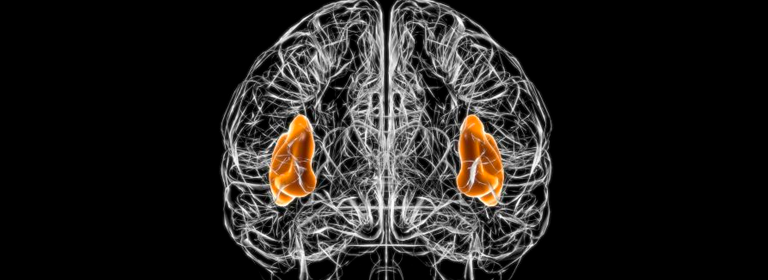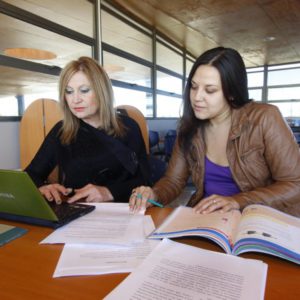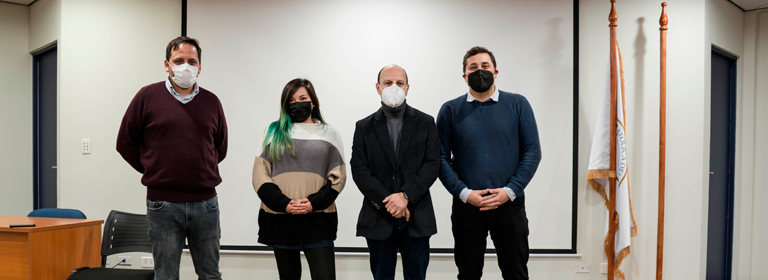The sixth sense exists and it is called «interoception». The biologist and doctor in Psychology, Francisco Ceric, explained what this unknown sensory system consists of, in a master lecture organized by the Universidad Católica del Maule.
 The traditional senses make possible the contact between human beings and the outside world. Smell, sight, hearing, taste and touch receive information and external stimuli, which allow people to know, perceive and react to the environment.
The traditional senses make possible the contact between human beings and the outside world. Smell, sight, hearing, taste and touch receive information and external stimuli, which allow people to know, perceive and react to the environment.
But there are also senses based on internal sensations, which, although they have been studied, are still part of a scientific debate. One of them is called «interoception».
«Interoception is a sensory system that has to do with how we understand our body, which is the basis for understanding our emotions and feelings. In other words, if we understand what our body is and how it changes, we will be able to understand what is happening to us and how we feel,» said biologist and PhD in Psychology Francisco Ceric during a lecture at the Universidad Católica del Maule (UCM).
«It is a map that we do not have so ordered; the doubt is how these internal signals, which may or may not be perceived, influence the perception of the world,» he added.
 According to the director of the PhD in Developmental Sciences and Psychopathology at the Universidad del Desarrollo, the evidence connects interoception with insular processing in the brain, which is partly responsible for self-awareness and the definition of the present moment.
According to the director of the PhD in Developmental Sciences and Psychopathology at the Universidad del Desarrollo, the evidence connects interoception with insular processing in the brain, which is partly responsible for self-awareness and the definition of the present moment.
«The insula is a specific area of the brain that receives information about changes happening in the body and is involved with the viscera, which are the main regulators of internal changes in our body. For example, when you are nervous, your heart rate increases, you breathe faster, and you feel a sensation in your viscera. This change at the visceral level translates into a change that is recorded in the insula,» he said.
Influential researcher
Thanks to his experiments with laboratory rats, Ceric achieved notoriety, in 2007, after discovering, together with other researchers, a brain region related to drug addiction. The team managed to temporarily eliminate the desire to consume hallucinogens, by means of an anesthetic injection, according to an article published at the time in the U.S. journal «Science».
 «It is a theory that addicts consume drugs because they get over a discomfort; this is called the remedial aspect of drugs. In other words, when a subject consumes cocaine base paste, he feels good, but when the effect wears off, he feels terrible and that would be solved with the next dose. So, if there are certain areas of the brain that detect this discomfort and lead the subject to consume, we could reduce the intensity of the discomfort, perhaps through a technique or a drug in the future», he said.
«It is a theory that addicts consume drugs because they get over a discomfort; this is called the remedial aspect of drugs. In other words, when a subject consumes cocaine base paste, he feels good, but when the effect wears off, he feels terrible and that would be solved with the next dose. So, if there are certain areas of the brain that detect this discomfort and lead the subject to consume, we could reduce the intensity of the discomfort, perhaps through a technique or a drug in the future», he said.
The talk entitled «Neurocognitive bases of interoception as a substrate of emotional experience», was part of the inauguration of the academic year of the Doctorate in Psychology at UCM, one of the ten postgraduate programs of the campus certified by the CNA. «We are interested in strengthening collaborative ties with programs such as the one directed by Dr. Celic, with the University of Talca and certainly with our international networks, with activities associated with our academic staff, such as a visit I can anticipate of the Italian doctor Alessio Avenanti to Talca», announced the director of the program, Boris Lucero.













